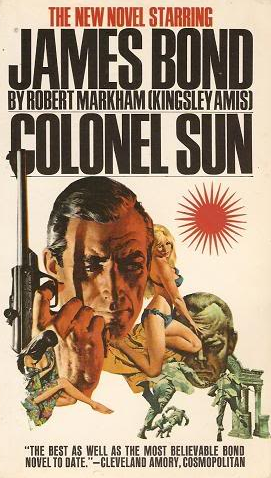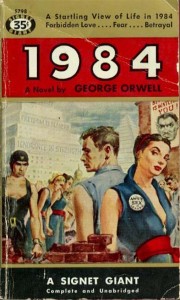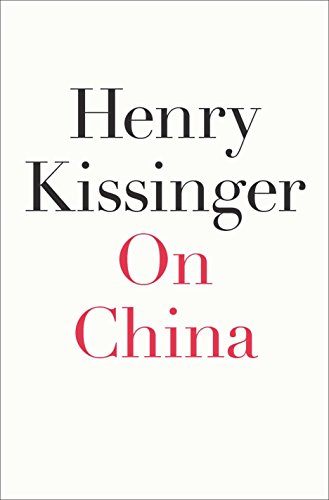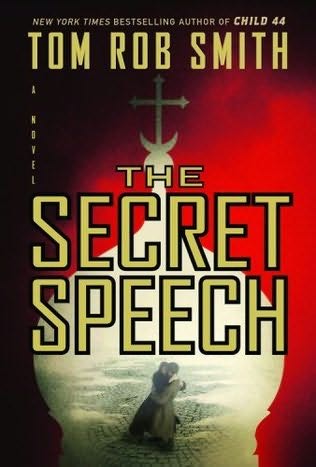Colonel Sun by Robert Markham is the first novel featuring British secret agent James Bond, 007, not written by Ian Fleming, the original author
Search results for: Soviet Union
I simply feel that the James Bond series should have gotten a much stronger finish than two short stories and two outlines for short stories.
The book is still one of the smartest, self-contained graphic novels I have read
The authors go to great length not only to tell a story, but give the reader the historical context in which the events were happening, as well as the social and political climates.
Award winning Russian writer Mikhail Sholokhov (24 May, 1905 – 21 February 1984) was known for write and the Russian revolution, Civil War and collectivization. 1) Sholokhov was born in Veshenskaya, known as “land of the Cossacks”. 2) Sholokhov’s mother learned how to read late in life for the sole purpose of corresponding with her son. 3) At the age of 13 Sholokhov fought in the Russian civil war for the Bolshevikk side for several years. 4) After the war Sholokhov moved to Moscow to work as a journalist. He held several jobs including a stonemason and an accountant to pay the bills and be able to participate in writers’ seminars. 5) In 1923 Sholokhov published his first work, The Test, but returned to Veshenskaya in 1924 to devote himself to writing. 6) In 1924 Sholokhov married Maria Petrovna Gromoslavskaia. The couple had two daughters and two sons. 7) Sholokhov’s most famous book, And Quiet Flows the Don which deals with Cossacks before and during World War I and the Russian civil war earned him the Stalin Prize and took 14 years to finish. The work, called socialist realism, was the most read Soviet fiction and won Sholokhov the 1965 Nobel…
Today is the birthday of Romanian poet and translator Paul Celan (23 November 1920 – abt. 20 April 1970) . Born into a Jewish family in Romania (Ukraine) . Celan was awarded the Bremen Literature Prize in 1958 and the Georg Büchner Prize in 1960. 1 ) Celan was born as Paul Antschel but changed his name to Celan (pronounced Chelan). 2 ) Celan’s father was a Zionist and insisted his son learn Hebrew. Celan’s mother loved German literature and insisted that German will be spoken in the house. Paul Celan abandoned Zionism after his Bar-Mitzvah but finished his Hebrew education. 3 ) During World War II Celan and his parents were deported into a ghetto on October 1941. Celan kept busy but translating Shakespeare’s Sonnets and writing his own poetry. In the Ghetto Celan was exposed t traditional Yidish songs and culture. When the ghetto was dissolved Celan was working as a forced laborer clearing debris and destroying Russian books. 4 ) Celan tried to convince his parents to leave Bukovina, but they refused. One night Celan was so mad he slept at a friend’s house. That night, 21 June, his parents were deported to an interment camp in…
Article first published as Book Review: The Hunger Angel by Herta Müller on Blogcritics. About: The Hunger Angel by Herta Müller is a German novel taking place in a Soviet forced labor camp at the end of World War II. Ms. Müller won the 2009 Nobel Prize in Literature. 304 pages Publisher: Metropolitan Books Language: English ISBN-10: 080509301X My rating for The Hunger Angel – 4 Buy this book in paper or electronic format* More Books by Herta Müller Check out this & more World War II books on Man of la BookStore Thoughts: The Hunger Angel by Herta Müller takes place in 1945, when the Soviet Union demanded that all Romanian Germans who are 17 to 45 years of age be relocated to forced labor camps in order to help rebuild the devastated nation. According to the author’s note at the end of the book, she spent many hours talking to poet Oskar Pastior who suffered under the decree. Müller filled four notebooks with Mr. Pastior’s testimony until 2006, when he suddenly passed away. This is an extraordinary book about the hardships the German people faced after the war, as Leo Auberg, the protagonist states: “To this day, the hunger angel speaks out of your mouth. But no matter what he says, this…
This week George Orwell’s classic “1984” has been published all the way back in 1949. The dystopian novel with its all-seeing leader “Big Brother” because a symbol worldwide for intrusive and oppressive government bureaucracy. The story is about Winston Smith and his attempt to rebel against the totalitarian state in which he lives.
Dr. Kissinger writes about the country he has known for decades. Recounting Chinese history and culture, examines how China sees itself and the outside world.
The book broadens the moral scope of the protagonist, questioning his share of the collective guilt of institutionalized oppression against your own people




